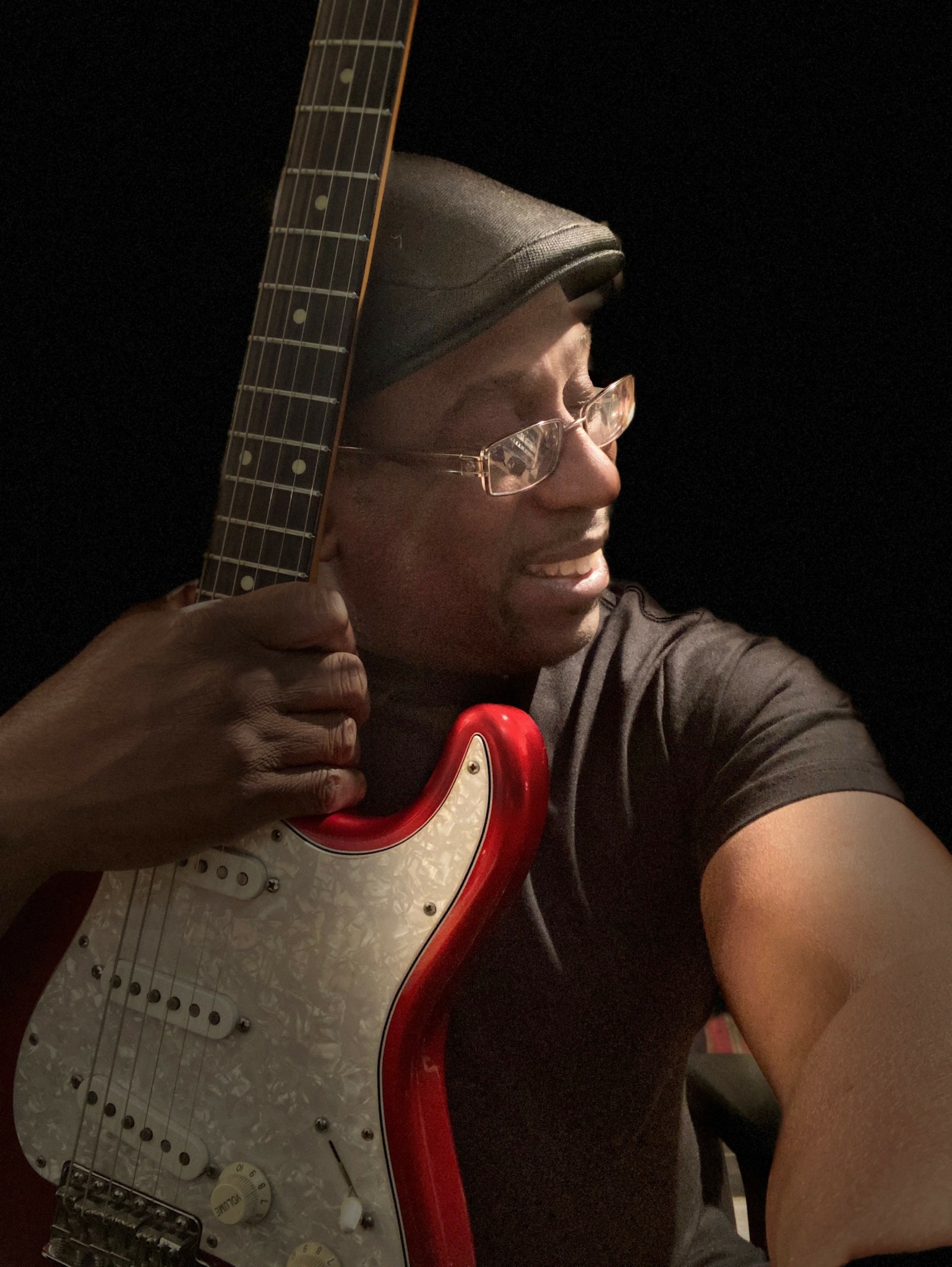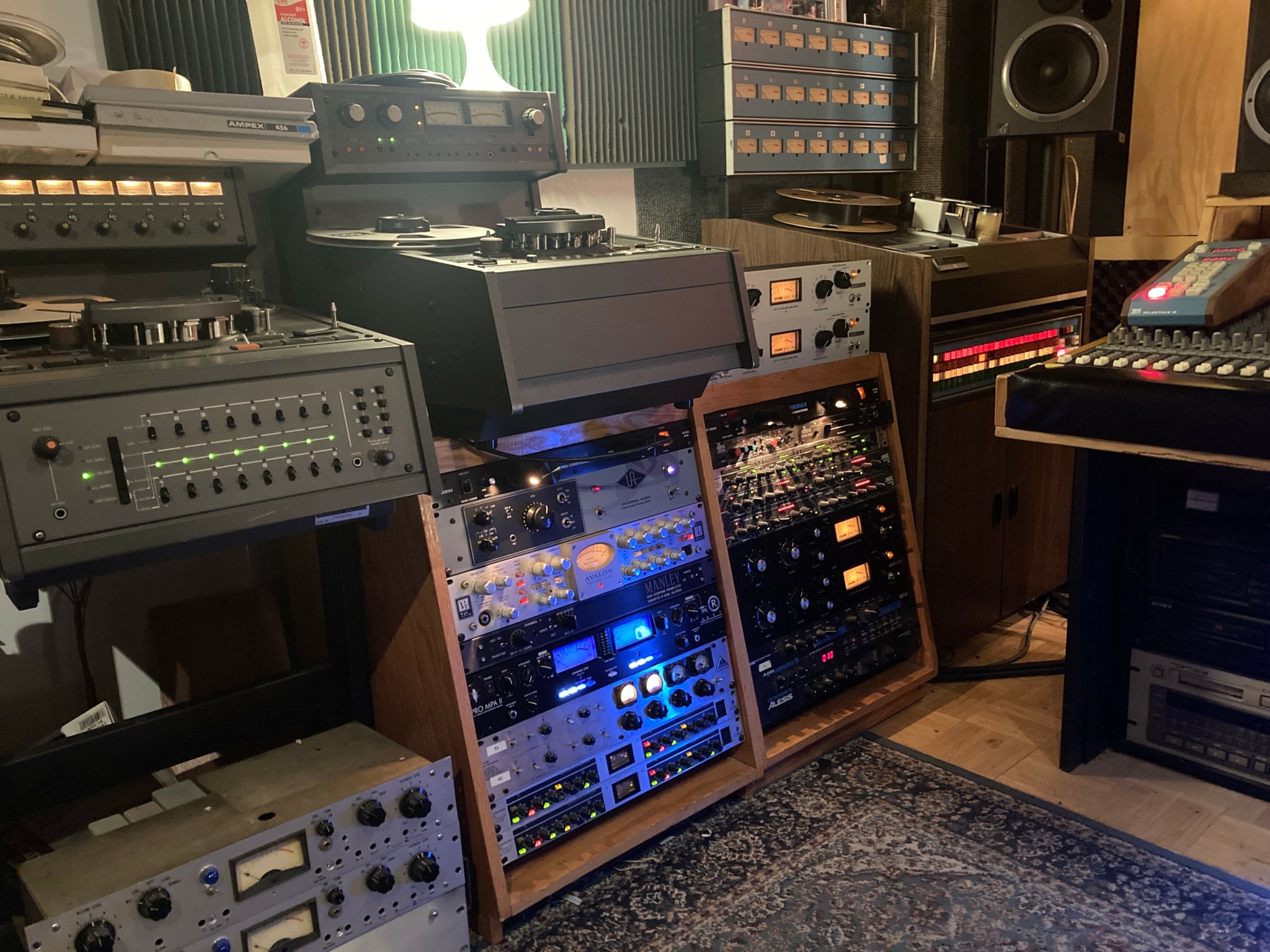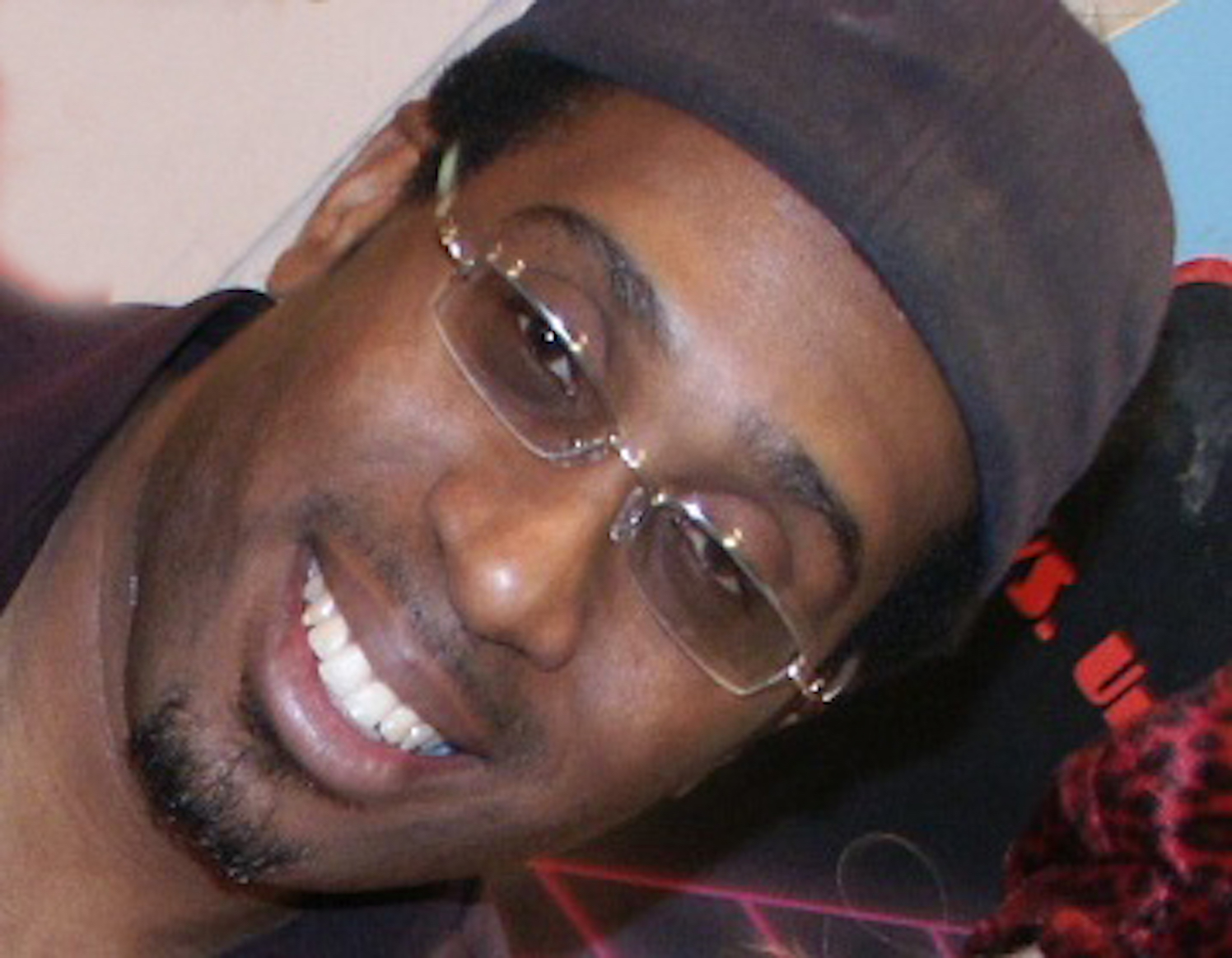We caught up with the brilliant and insightful Rod Shepard a few weeks ago and have shared our conversation below.
Hi Rod, thanks for joining us today. Can you talk to us about how you learned to do what you do?
My Story
The path to learning and developing a skillset came from many sources. One would believe it should be a concentrated effort to just really focus on one thing, but one of the most important lessons I’ve learned as a creative is that we are the sum of our experiences. I learned to do many things, I have many skills, and I have studied a number of things. But the most important is to learn how to learn.
I can’t say that there was any definitive point in time in which I learned my skillset as an engineer, performer, writer, or creator, because I’ve been doing music in some way or another for my entire life, since childhood. I’ve been creating my whole life. I am an artist, I studied art, went to the top art high school in NYC, went to college as an art major, switched to architectural design, and became a NYC building code consultant as a profession. Little known to many is that through this temporary career I have many designs and renovations, plans and drawings I drafted on file in the City with my name on it. Over one hundred, actually, in locations in Manhattan, Brooklyn, and Queens, Also designing upper west side storefronts, I also worked for a brief time as an illustrator, designing magazine covers.
Later, I worked as a property manager for a management company for several years. The company specialized in managing a variety of properties particularly under receivership. This happens when an owner doesn’t pay property tax, which also means they did not pay for anything else like building services. Tenants often rally together, hire a lawyer, and place all their rent in an escrow account, sometimes for years. My job was to go into the buildings after they’ve been acquired by the city and attempt to get these properties back up to spec. This meant finding out what the violations were, get these violations abated, and retrieve past rent from tenants, sometimes hundreds of thousands of dollars. Most times that was routine, but occasionally they were foreclosed on and sold. I was hired because of my knowledge of City enforcement offices, city codes, ordinances, and buildings. This often resulted in going to court, making deals and settlements, sometimes evicting people as well as other legal matters. It was actually quite satisfying work to be able to fix up a neglected apartment building in Harlem with 120 tenants, get apartments painted, lights working, elevators fixed and operating again, to the point where tenants were happy to pay their back rent. I became well versed in the courts and the legal system overall, too well for a non-attorney, to the point where the judges knew me and welcomed me into the court because I had a reputation for resolving these issues and restoring peoples’ homes.
The reason I mention all of this because this was the beginning of my exposure into to professional world, and it was these and several other experiences that prepared me for what was to really become my professional career. I learned how to deal with people, and that was a major life lesson. Quite honestly I don’t look at anything as being an obstacle, because whatever it is, you can learn something from it.

Rod, before we move on to more of these sorts of questions, can you take some time to bring our readers up to speed on you and what you do?
I am an artist, or sorts. I create music, sound, audio. I work as an audio engineer, for live sound and recorded sound. I compose music, write songs, play in bands perform a variety of music from pop, rock, to bluegrass, classical and jazz. I draw, paint and lately am into photography and video. Above all this, I am an educator, currently as a college professor. I have a technical mind and a penchant for detail, so I can be meticulous. I take the sum of my experiences and pour it into my teaching and use it all in the way I deliver content. I learned by doing, so I explain where I failed as well as when I was successful. What was it that Edison said?
I take the same approach to working on music projects. I feel that understanding people, their thoughts, feelings, emotional responses and reactions to sound and music can inform us as to how to best create it, to help invoke these responses. Because of my skills in multiple musical genres I can give you just about anything you need.
I find that my work with others is my best. In the current music world we tend to work alone, but I do my best work in a collaborative setting. I don’t know everything, and I certainly cannot invent someone else’s creativity. But I offer my own to compliment someone else’s, which inspires me.
How about pivoting – can you share the story of a time you’ve had to pivot?
Probably the biggest pivot moment in my life was when I left the world of architecture and decided to go head-first into music. A close childhood friend was performing and touring with a famous international artist, and called me up to say they were playing at MSG in a month and offered me ticket.
Well, it was more than a ticket. I got from row, went backstage, and met the artist. But that experience hit home, because this was someone who was my neighbor, we grew up together, played music together, vowed to make it together, and I broke that. He went on to actually do it, and I did not. As I stood in the crowd with my suit and tie on, seeing him on this stage, the stage we dreamed about as kids, and seeing his success inspired me. So I quit, made a plan and shifted my focus.

What’s the most rewarding aspect of being a creative in your experience?
I think the most rewarding aspect of being a creative is to see how one’s work can inspire. I want to leave a legacy; to be able to know that something I did or said helped someone, or inspired them to do something good.
As an educator, I have gotten to know hundreds of students, and after 27 years, I stay in touch with many of them through social media. I even stay in touch with my own instructors from a performing arts school I attended as a kid, even my elementary school guitar teacher, now living on a beach in Hawaii. They all inspired me, so I’m paying it forward.
Image Credits
None


